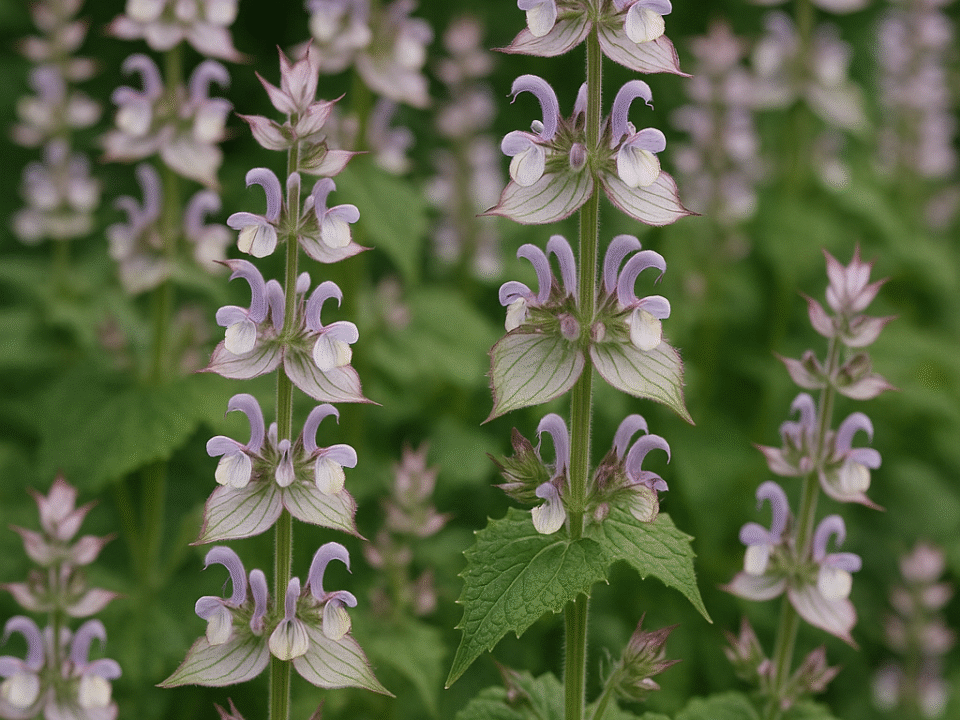
The tangerine is a type of citrus that originated in Tangier, Morocco. This group of orange-coloured citrus fruits comprises hybrids of mandarin orange varieties with some contribution from pomelo. Compared to oranges, tangerines are smaller and less round in shape. They are known for having a less sour taste and are instead considered sweeter and more intense than an orange.
Tangerines contain 85% water and 13% carbohydrates along with negligible amounts of protein and fat. They are also rich sources of many antioxidants, like vitamins A and C.
As mentioned above, tangerine peel extract is a potent source of antioxidants, especially vitamin C, which are molecules that neutralize free radicals and protect the skin from oxidative stress and premature aging. Free radicals are unstable molecules that can damage cells, including skin cells, and contribute to aging, inflammation, and disease. It also helps to reduce inflammation and soothe irritated skin.
Vitamin C also facilitates the production of collagen. Its antioxidant activity helps to prevent collagen breakdown, leading to firmer, more youthful-looking skin.
High contents of vitamin A in tangerine peel extract help to reduce blemishes. It helps to regulate sebum production and prevent clogged pores, making it useful in the treatment of acne-prone skin.
Tangerine peel extract is a versatile skincare ingredient that can be used in various ways to enhance the appearance and health of the skin. However, it’s important to note that people with citrus allergies should avoid skincare products that contain tangerine peel extract.



